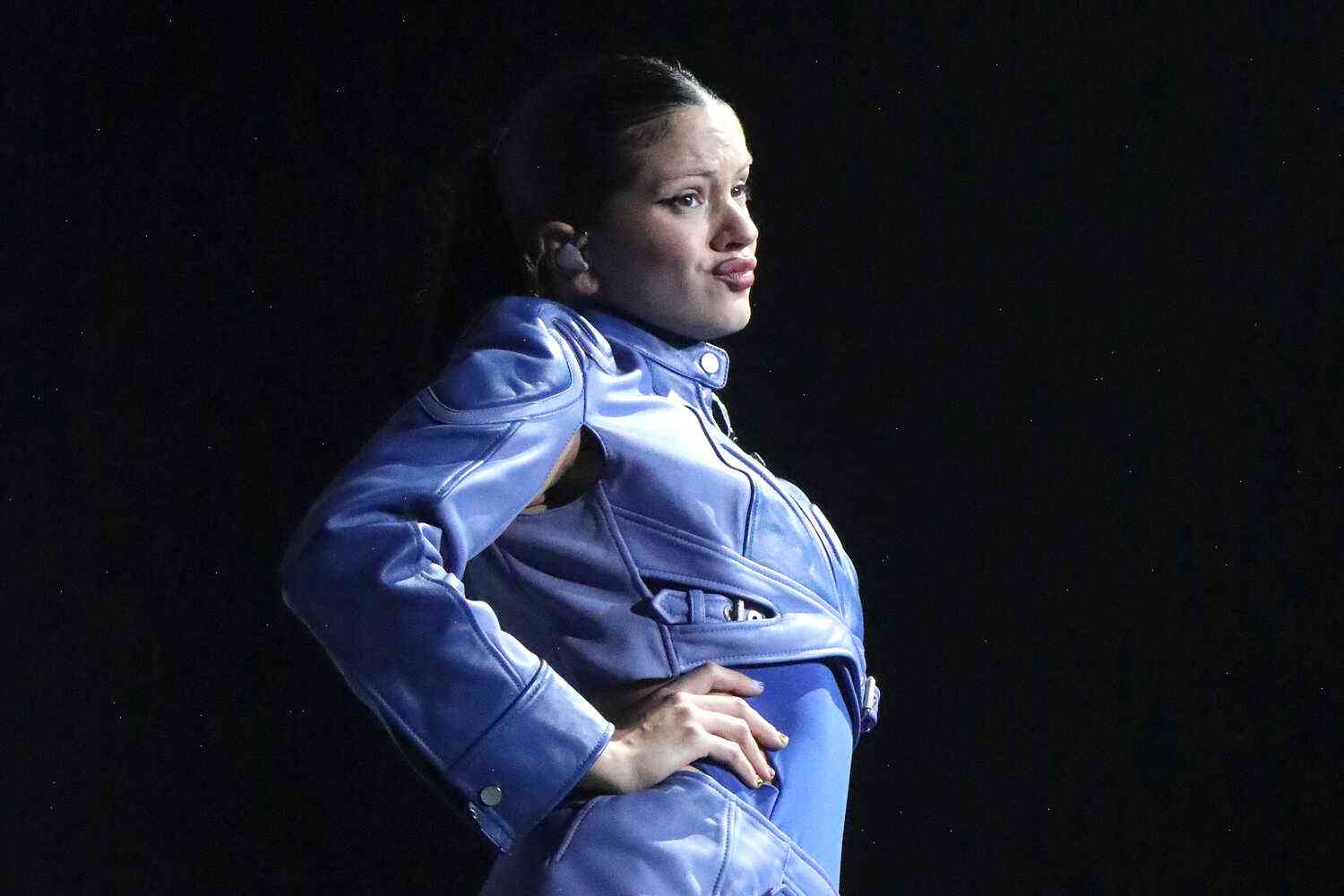From Dua Lipa to Rosalía: The Meme-fication of the Modern Pop Star
By Michael Lewis
Published: March 15, 2016
As the world reels from the latest terror attack, from Brussels to Manchester to Orlando, it’s useful to remember the past and keep in mind the lessons that have already, well, been learned. Here’s another.
It’s been almost a quarter century since British rap music really caught on here in the States, a fact that’s more a function of who was listening — the mainstream, or the indie.
But when it became big news in 2011, it wasn’t because of the music. It was for a video featuring Dua Lipa, that went viral overnight and put her, by then, in the Guinness Book of World Records — as the first woman to reach the top of the charts as both a solo artist and with a co-ed group (a feat previously achieved by Tina Turner).
It wasn’t really about the video, which was no masterpiece, but about the music, which was so much better than that of its competitors.
What’s more, the video went viral because it used social media to reach out to a largely young, female audience for whom the old notion of “brand” music — MTV, radio, that one CD that’s heard on endless plays — hadn’t yet made sense.
For the young women, it was clear that the music was much more than a single track, or a video, or even a performance. The music was the experience, the way the music was experienced. It was the moment of that moment that defined the young woman’s entire life.
For some, that was a good thing: It meant that they could find like-minded people, their friends, their music, their movement, their sense of self at a younger age.
Some, however, saw in it a kind of generational divide, which is precisely what happened when the mainstream press picked up on the video and the story of Lipa’s music-video domination and began comparing it to a more traditional art form: that of the novel. The media’s obsession with the music video took on

